 Welcome
Welcome
“May all be happy, may all be healed, may all be at peace and may no one ever suffer."
Amyotrophic lateral sclerosis (ALS)

Amyotrophic lateral sclerosis (ALS), also known as Lou Gehrig's disease, is a progressive and degenerative disorder that affects the nerve cells responsible for controlling voluntary muscles.
The exact cause of ALS is unknown, but it is believed to involve a combination of genetic and environmental factors. The disease typically begins with muscle weakness or twitching and can eventually lead to difficulty speaking, swallowing, and breathing.
There is no cure for ALS, but treatment can help manage symptoms and improve quality of life. This may include medications to relieve symptoms such as pain and muscle spasms, as well as physical therapy and other rehabilitation strategies to maintain strength and mobility.
In addition, assistive devices such as braces, walkers, and wheelchairs can help people with ALS to maintain independence and mobility. There are also support groups and other resources available to help people with ALS and their families manage the impact of the disease.
If you or a loved one has been diagnosed with ALS, it's important to work closely with a healthcare provider to determine the best course of treatment and to access the support and resources that are available. With the right care and support, many people with ALS are able to maintain their quality of life for as long as possible.
Research Papers
Disease Signs and Symptoms
- Difficulty walking
- Numbness, tingling, burning, or weakness in your hands, feet, arms or legs
- Hand weakness and clumsiness
- Slurred speech
- Muscle cramps and twitching in your arms, shoulders and tongue
- Inappropriate crying, laughing or yawning
- Cognitive and behavioral changes
Disease Causes
Amyotrophic lateral sclerosis (ALS)
ALS affects the nerve cells that control voluntary muscle movements such as walking and talking (motor neurons). ALS causes the motor neurons to gradually deteriorate, and then die. Motor neurons extend from the brain to the spinal cord to muscles throughout the body. When motor neurons are damaged, they stop sending messages to the muscles, so the muscles can't function.
ALS is inherited in 5% to 10% of people. For the rest, the cause isn't known.
Researchers continue to study possible causes of ALS. Most theories center on a complex interaction between genetic and environmental factors.
Disease Prevents
Disease Treatments
Treatments can't reverse the damage of amyotrophic lateral sclerosis, but they can slow the progression of symptoms, prevent complications, and make you more comfortable and independent.
You might need an integrated team of doctors trained in many areas and other health care professionals to provide your care. This might prolong your survival and improve your quality of life.
Your team will help you select the right treatments for you. You have the right to choose or refuse any of the treatments suggested.
Medications
The Food and Drug Administration has approved two drugs for treating ALS:
- Riluzole (Rilutek). Taken orally, this drug has been shown to increase life expectancy by 3 to 6 months. It can cause side effects such as dizziness, gastrointestinal conditions and liver function changes. Your doctor will monitor your blood counts and liver functions while you're on the drug.
- Edaravone (Radicava). This drug, given by intravenous infusion, has been shown to reduce the decline in daily functioning. Its effect on life span isn't yet known. Side effects can include bruising, headache and shortness of breath. This medication is given daily for two weeks a month.
Your doctor might also prescribe medications to provide relief from other symptoms, including:
- Muscle cramps and spasms
- Constipation
- Fatigue
- Excessive saliva and phlegm
- Pain
- Depression
- Sleep problems
- Uncontrolled outbursts of laughing or crying
Therapies
- Breathing care. You'll eventually have more difficulty breathing as your muscles weaken. Doctors might test your breathing regularly and provide you with devices to assist your breathing at night.
- You can choose mechanical ventilation to help you breathe. Doctors insert a tube in a surgically created hole at the front of your neck leading to your windpipe (tracheostomy) that connects to a respirator.
- Physical therapy. A physical therapist can address pain, walking, mobility, bracing and equipment needs that help you stay independent. Practicing low-impact exercises can help maintain your cardiovascular fitness, muscle strength and range of motion for as long as possible.
- Regular exercise can also help improve your sense of well-being. Appropriate stretching can help prevent pain and help your muscles function at their best.
- A physical therapist can also help you adjust to a brace, walker or wheelchair and might suggest devices such as ramps that make it easier for you to get around.
- Occupational therapy. An occupational therapist can help you find ways to remain independent despite hand and arm weakness. Adaptive equipment can help you perform activities such as dressing, grooming, eating and bathing.
- An occupational therapist can also help you modify your home to allow accessibility if you have trouble walking safely.
- Speech therapy. A speech therapist can teach you adaptive techniques to make your speech more understandable. Speech therapists can also help you explore other methods of communication, such as an alphabet board or pen and paper.
- Ask your therapist about the possibility of borrowing or renting devices such as tablet computers with text-to-speech applications or computer-based equipment with synthesized speech that can help you communicate.
- Nutritional support. Your team will work with you and your family members to ensure you're eating foods that are easier to swallow and meet your nutritional needs. You might eventually need a feeding tube.
- Psychological and social support. Your team might include a social worker to help with financial issues, insurance, and getting equipment and paying for devices you need. Psychologists, social workers and others may provide emotional support for you and your family.
Disease Diagnoses
Disease Allopathic Generics
Disease Ayurvedic Generics
Disease Homeopathic Generics
Disease yoga
Amyotrophic lateral sclerosis (ALS) and Learn More about Diseases
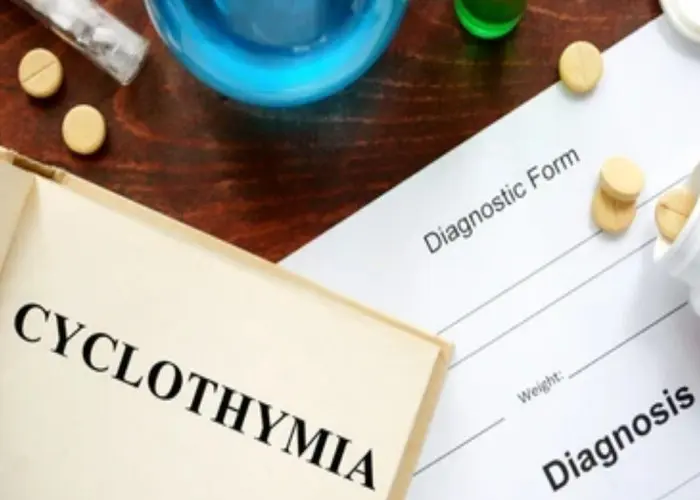
Cyclothymia (Cyclothymic Disorder)
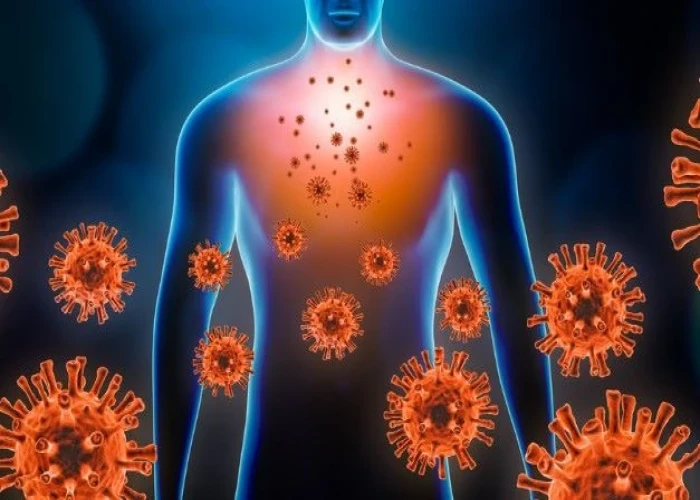
Pneumonitis
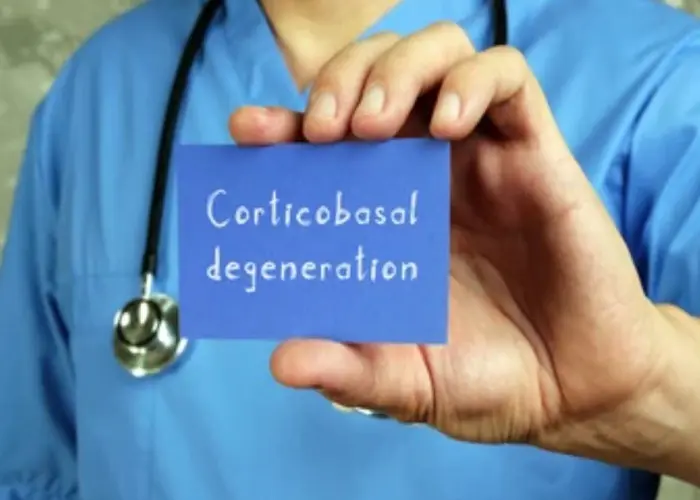
Corticobasal degeneration
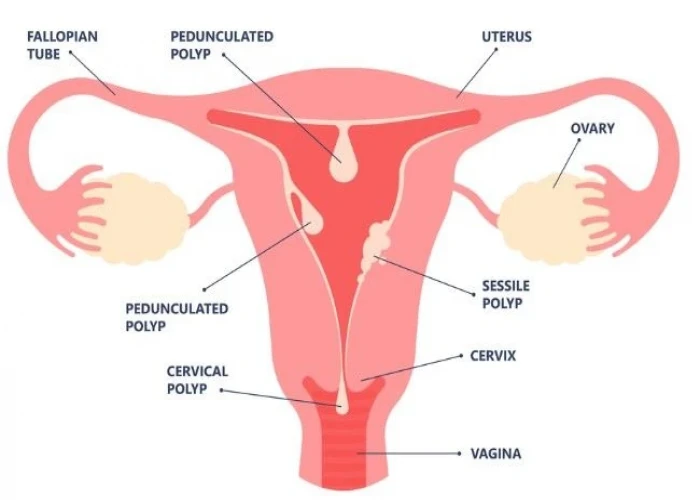
Menorrhagia (Heavy menstrual bleeding)

Systemic mastocytosis

Molar pregnancy
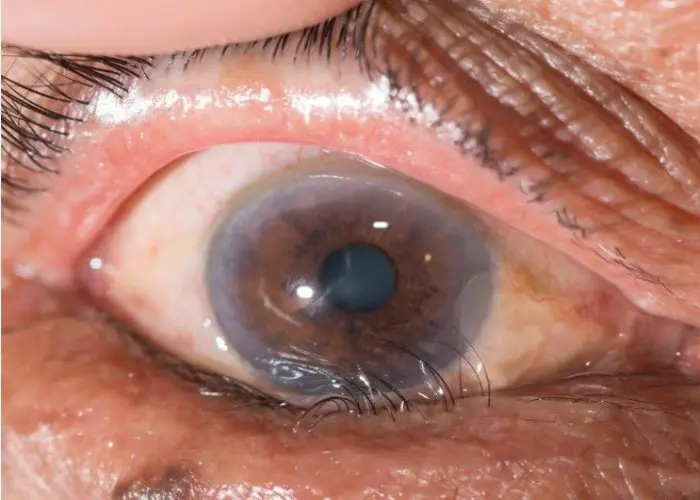
Entropion

Compulsive gambling
Amyotrophic lateral sclerosis als, Amyotrophic lateral sclerosis treatment, অ্যামিওট্রফিক ল্যাট্রাল স্ক্লেরোসিস এএলএস
To be happy, beautiful, healthy, wealthy, hale and long-lived stay with DM3S.
